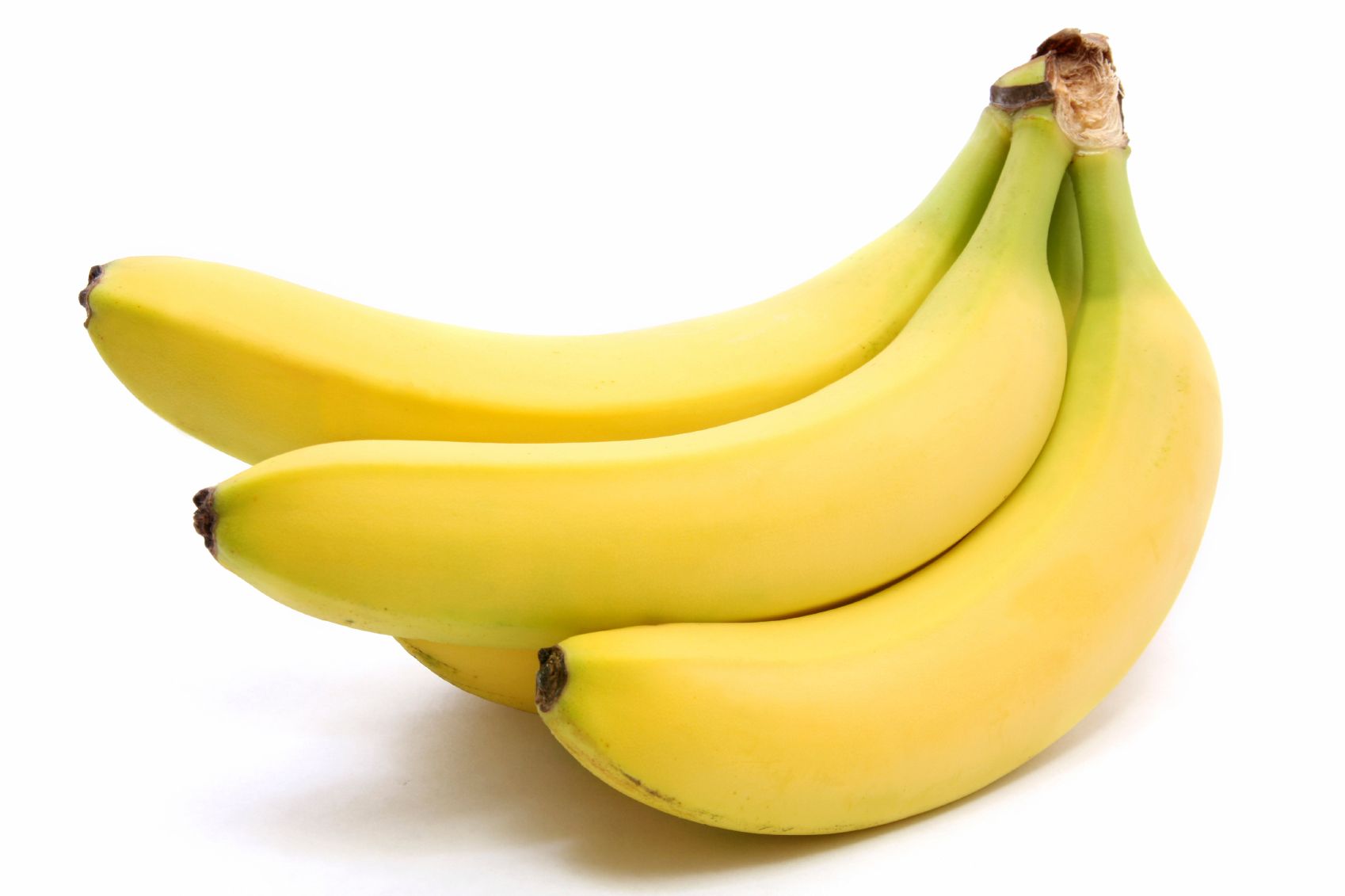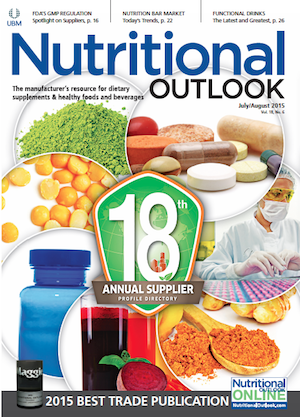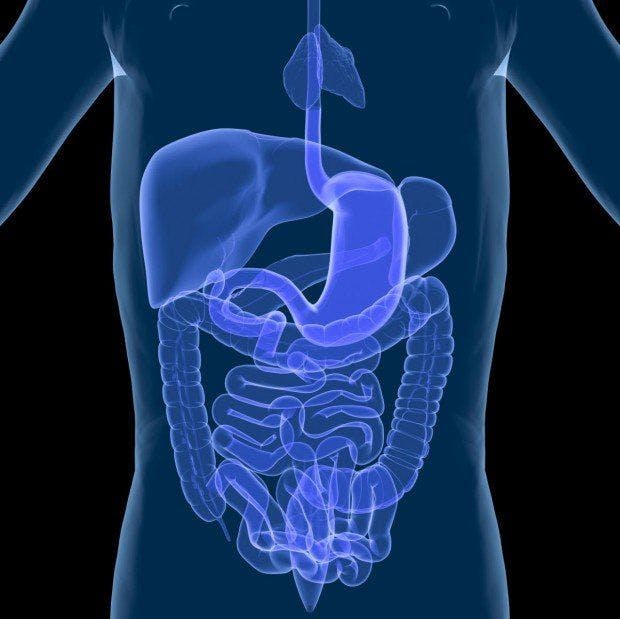Is Banana the Hot New Water Flavor?
Can banana water reach consumers-namely, mature shoppers-that coconut water can’t?
Photo © iStockphoto.com/luxcreative

There’s no shortage of suggestions when predicting the next breakout bottled-water celebrity after coconut water. Will it be maple water? Cactus water? Read our own recent overview of the latest drink innovations to hit the market. Flavor specialist Virginia Dare (Brooklyn, NY) has its own proposal: banana water.
“Bananas have certainly been around for a long time and have been incorporated into smoothies, nectars, cocktails, and many other kinds of drinks. When coconut water began its meteoric rise in popularity some time ago, the marketing insights team at Virginia Dare carefully studied its product profile,” says Anton Angelich, group vice president, marketing.
In short, he says, what the team determined is that banana water shares some of the very same health perks that made coconut water a star in markets like the United States. Coconut water is celebrated for its rich supply of rehydrating electrolytes-namely, potassium-which, as you may have heard, bananas contain a lot of.
Citing banana as a “widely appealing and popular taste,” Virginia Dare has at least two product concept suggestions. The first drink is clear and aimed at thirst quenching, with clarified banana juice concentrate and such flavors as banana cream, pineapple banana, raspberry banana, strawberry banana, and chocolate banana.
The second is a cloudier, juicy beverage made with banana puree and pear juice. Flavors might include banana cream, pineapple banana, raspberry banana, or strawberry banana, the firm says.
Perhaps the biggest boon is the strong connection consumers already draw between bananas and potassium content. “The association between bananas and potassium is well known,” Angelich says, particularly among baby boomers and mature consumers who may have failed to connect with coconut water, perhaps because initial marketing for coconut water skewed towards “celebrity endorsed [marketing], targeted at younger fitness-interested consumers,” and being premium priced, to boot.
These very consumers, he says, may more readily accept banana water. “Add on to this the fact that coconut can be a polarizing flavor, bananas are very popular in taste, and banana concentrates and juices are in good year-round supply,” and bananas bring a lot to the table, he adds.
For a market that’s recently “seen artichoke, cucumber, watermelon, beet, rhubarb, and mint waters come onto the horizon, banana water stands a good chance of making it with the consumer in the marketplace,” he concludes.
Also read:
Drink Pioneers: The Next Generation (Slideshow)
2015 Flavor Trends for Food and Beverage
2015 Flavor Trends for Food and Beverage
Jennifer Grebow
Editor-in-Chief
Nutritional Outlook magazine
jennifer.grebow@ubm.com


.png&w=3840&q=75)

.png&w=3840&q=75)



.png&w=3840&q=75)



.png&w=3840&q=75)























